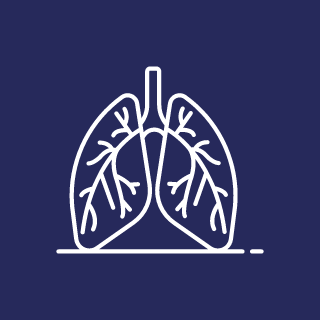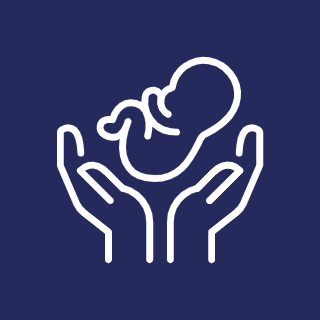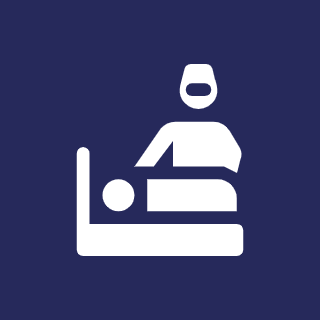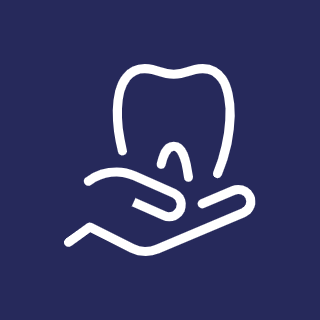Department Of Psychiatry
About the Department:
The Department of Psychiatry was setup and started on 01/09/2016 under the leadership of Dr. Bhagwat Rajput (Professor). The Psychiatry OPD is situated on the first floor of the OPD building, offering services from Monday to Saturday, between 9:00 am and 4:00 pm. We also provide inpatient care for patients requiring more intensive treatment and monitoring. Our department serves adults and children and geriatric population , addressing a wide range of psychiatric conditions. We deliver comprehensive care, which includes medical management, therapeutic interventions, and, de-addiction services tailored to the needs of each patient. Our team is committed to providing high-quality mental health care for individuals with a variety of psychiatric disorders.
Vision and Mission:
To continuously update curricula and evaluation methods in the context of the latest developments in the field of Psychiatry for undergraduate and postgraduate courses. Promoting high-quality research that has a significant impact on mental health in the community. Encouraging collaboration with national and international institutions to advance psychiatric knowledge. Utilizing the latest information and communication technologies to improve mental health care for patients. Continuously strengthening and upgrading infrastructure for the betterment of patient care in mental health.
Services Offered
The scope of services of the Psychiatry Department includes the following:
Management of the following:
a. Depression and mood disorders
b. Anxiety disorders
c. Bipolar disorder
d. Schizophrenia and other Psychotic disorders
e. Obsessive-compulsive disorder (OCD)
f. Post-traumatic stress disorder (PTSD)
g. Eating disorders (Anorexia, Bulimia)
h. Substance use disorders
i. Sleep disorders
j. Personality disorders
k. Psychosomatic disorders
l. Neurocognitive disorders (including dementia)
Procedures include:
a Cognitive Behavioral Therapy (CBT)
b. Modified Electroconvulsive Therapy (MECT)
c. Counselling
d. Supportive Psychotherapy
f. Motivational Enhancement therapy
g. Exposure and Response prevention
f. Group therapy sessions
g. Mindfulness-based interventions
h. Family therapy
i. Crisis intervention and management
j. Psychiatric assessments and evaluation
h. Biofeedback
Ongoing Researches-
- Burden of care and quality of life of primary caregivers of persons with alcohol dependence.
- Comparative study of quality of life and insight among patients with Schizophrenia and Bipolar disorder.
- Depressive anxiety, stress symptoms and quality of life among patients with stroke.
- Perceived Stress and Coping Strategies in medical students: A Cross-Sectional Study\\\\
- Association of body image dissatisfaction with self-esteem and depressive symptoms among medical students.
- Prevalence of nomophobia and its correlation with internet addiction among undergraduate medical students: A cross-sectional study

















